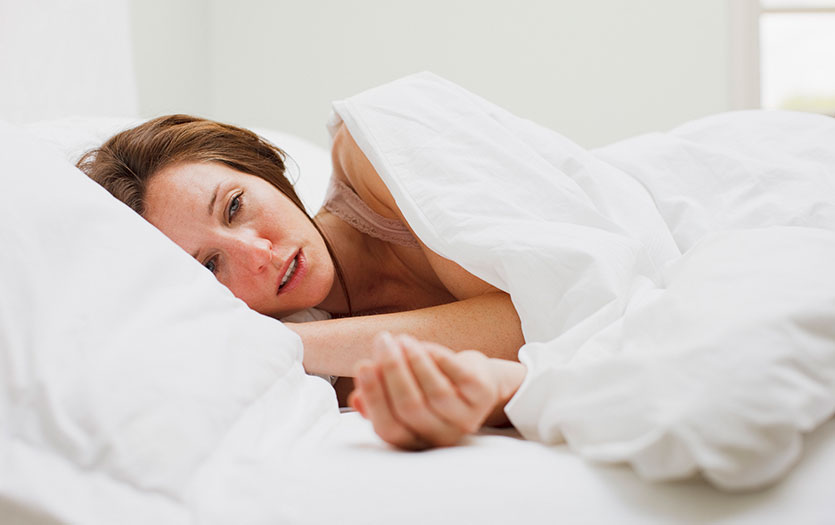
This post was written by Jennifer Born, NP, PPG – Sleep Medicine.
The immune system is a complex network of cells, organs and proteins that functions to protect the body from infection. It can recognize and defend us from bacteria, viruses and other foreign invaders that can be harmful. Working together, the bone marrow, spleen, lymph nodes, immune cells and many other important biologic processes help us stay healthy and get better when we’re feeling sick. When many of these functions are intuitive for our bodies, there are ways we can help bolster our immune response.
The power of the pillow
There’s an old English proverb, “Early to bed and early to rise makes a man healthy, wealthy and wise.” The advice dates back to the 17th century and is most popularly attributed to Benjamin Franklin who published the phrase in his annual “Poor Richard’s Almanack” in the 1700s. The wisdom that good sleep supports good health is far from new, and yet many don’t adhere to the restorative practice consistently, if at all.
Sleep is much more than a passive state of rest. While we sleep, our brains and bodies are working hard to promote optimal cellular function. We spend one-third of our lives sleeping, so it’s no surprise that the topic warrants a lot of research.
Electroencephalography (EEG) analysis of brain waves during sleep reveals several stages that our brains cycle through several times a night, commonly known as N1, N2, N3 and REM sleep. Studies show that, not only is there a correlation between good sleep and healthy immune function, but also the undeniable damaging effects of poor sleep on risk of infection and illness. Good and consistent sleep supports the cellular environment and reduces inflammatory burden, while a lack of sleep has been shown to increase risk of infection, such as catching a cold.
Another important correlation is that of sleep and immune function in relation vaccine response. Vaccine efficacy and immune memory was stronger and more robust in those who had good sleep after receiving an immunization. Whereas reduced sleep resulted in reduced antibody production after vaccination.
Prioritizing sleep hygiene
If you’re convinced but aren’t quite sure how to increase the amount of sleep you’re getting each night, don’t worry. The American Academy of Sleep Medicine offers several tips to help you make sleep an important health habit, as do our sleep medicine providers. There are even mindfulness strategies for setting yourself up for optimal rest.
To get started:
- Establish a regular bedtime and morning routine.
- Maintain your bedroom space as a place for sleep by limiting distractions such as television.
- Limit blue light exposure prior to sleep by turning off electronic devices with screens 30 minutes to one hour prior to bedtime.
- Limit alcohol, caffeine and large meals before bedtime.
To help boost your immune system function, consider making and establishing healthy sleep patterns. Set the example for everyone in your family and look forward to healthier days ahead!



